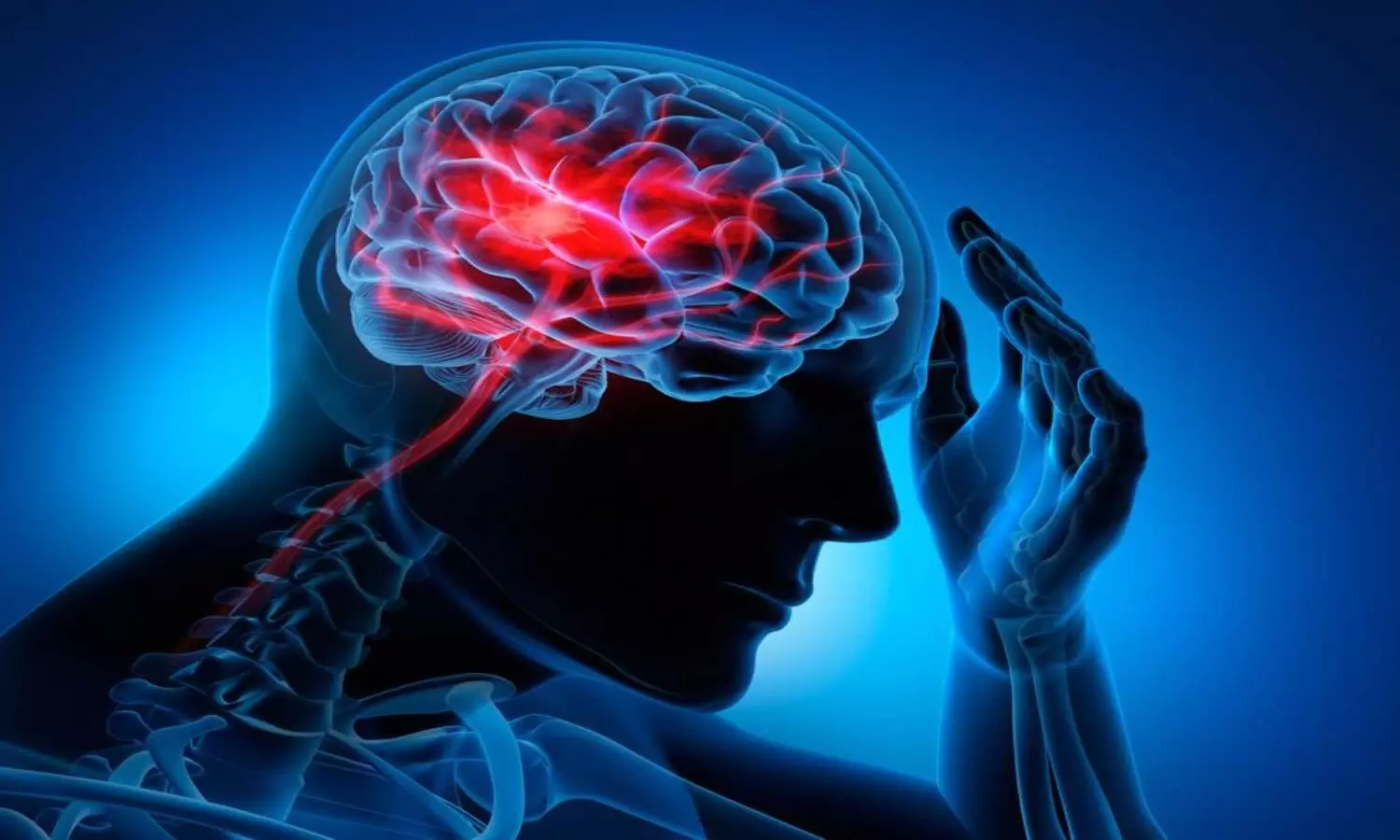#StopTheStroke: Young people dying of undetected stroke becoming a major concern
‘Stroke’, a medical emergency caused due to the damage to the brain from interruption of its blood supply, occurs mostly among people aged over 65 years.
By Newsmeter Network
Hyderabad: India has been experiencing significant demographic, economic and epidemiological transition during the past two decades. These have resulted in an increase in life expectancy and consequently an increase in ageing population. Though reliable morbidity and mortality estimates for stroke in India is very limited, the Indian healthcare ecosystem is witnessing more and more of the younger population suffering from strokes, which has become a cause of serious concern.
To commemorate World Stroke Day 2021, a city hospital launched an awareness campaign on the deadly ailment and highlighted the means to tackle the problem. The Gleneagles Global Hospital (Lakdikapul) also released a short film titled "#StopTheStroke" to help people better understand the negative implications of the ailment.
Understanding strokes
'Stroke', a medical emergency caused due to the damage to the brain from interruption of its blood supply, occurs mostly among people aged over 65 years. However, there is a gradual increase in the number of stroke incidents occurring in those aged below 45 years and in recent times, there are instances of people in their early 30s succumbing due to brain stroke.
There is an imminent need to create awareness about the risk posed to the younger population. The most common symptoms of stroke, including loss of speech, facial droop, and weakness on one side of the body are the same even in the younger age group. Other symptoms can include vision loss, double vision, slurred speech, dizziness, or difficulty in walking. Identifying stroke as a cause for these symptoms is often delayed by a lack of recognition that strokes can happen to someone in this younger age range.
Dr. Swathi Reddy, HoD (emergency and acute care), Gleneagles Global Hospital, said, "If not attended to early, stroke is fatal, and can lead to permanent neurological damage leading to morbidity thereby leading to a gross decrease in quality of life or could cause instant death in a few victims. It is mandatory that people who suffer a stroke are brought to a medical facility within the first four hours of occurrence to ensure the victim is treated with right medication."
She added, "Most times, a victim treated with the 'golden hours' show miraculous recovery and return to a normal routine within a few days of suffering stroke."
Exercising is key
Exercise is essential for stroke prevention. It ensures good blood flow through the arteries, reducing the risk of clot formation as well as that of other diseases that could be a potential risk factor for stroke. Ideally, 30 minutes of exercise daily is necessary for arterial health. If you can't make a regular exercise routine, walk for half an hour in the yard after dinner, suggests Dr. Reddy.